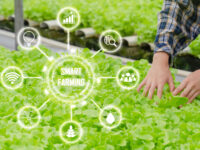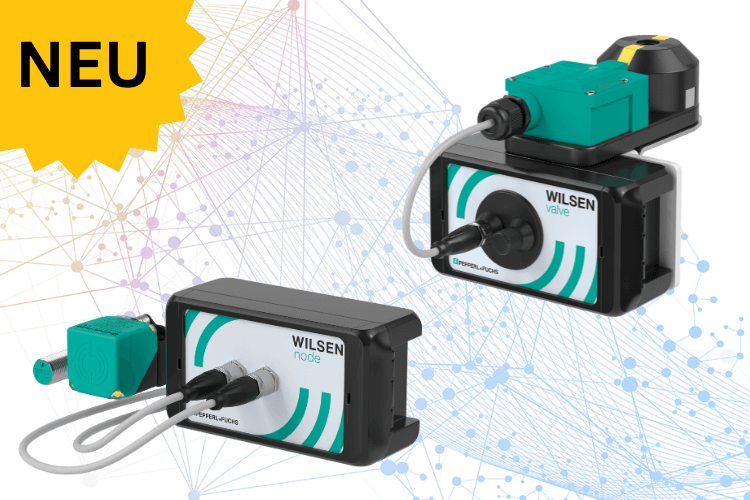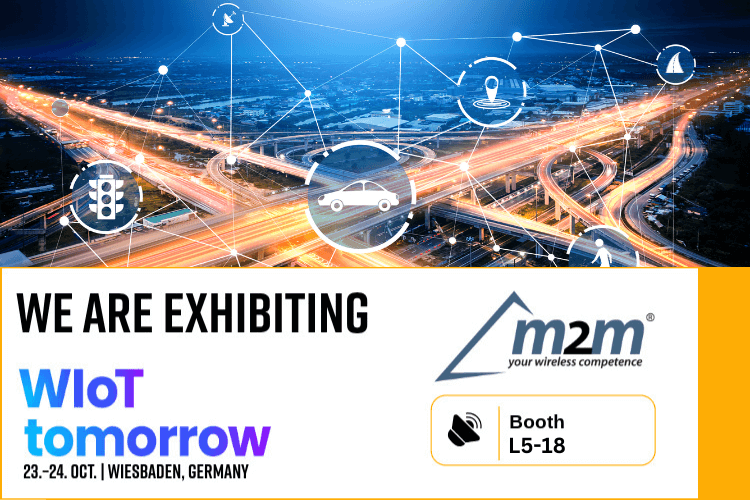Smart Farming - For resource-conserving climate protection

What is Smart Farming?
Smart farming is the use of modern information and communication technologies (ICT) in agriculture. You could say smart farming encompasses the digitization of agriculture - some also refer to it as the "Third Green Revolution". After plant breeding and genetic engineering, modern information technologies are now entering the agricultural industry to automate various processes and use resources more efficiently. In short, smart farming means intelligent communication and networking of equipment, machines and systems.
In addition to collecting a wide variety of measurement data via sensors, smart farming also involves robotics. This involves the use of agricultural robots equipped with artificial intelligence (AI). The spectrum of sensors for smart farming applications is broad: From temperature monitoring in barns and silos, soil moisture measurements and control of irrigation systems to CO2 monitoring and asset tracking.
Ultimately, the measures for Agriculture 4.0 pursue a very clear goal: to make processes easier to control, regulate and measure. In addition, agricultural equipment and vehicles can be networked with each other, in line with the ideas of the IoT (Internet of Things), and provide even more transparency and efficiency. An important aspect of smart farming is also the use of renewable energies, which aims to protect the climate while conserving resources. Smart farming has the potential to actively shape a more productive and sustainable agriculture through its precise and resource-efficient approach.
LPWAN for Smart Farming
No, because there are secure and resilient alternatives, such as LPWAN. LoRaWAN® stands for Long Range Wide Area Network(LPWAN). An LPWAN enables energy-efficient transmission of data over long distances.
The LoRa® radio standard used was developed specifically for the Internet of things (IoT). With LoRaWAN® , several hundred sensors can be managed within a network and their sensor data processed. Depending on the application, sensors can be operated for up to 10 years without battery replacement, which significantly limits the maintenance effort.
The secure, intelligent LoRaWAN® infrastructure is the basis for diverse applications in different market segments, including smart farming.

Are you planning to get started in digital agriculture?
From single sensors via LoRa gateways to managed LoRaWAN networks including LoRaWAN network servers, we can advise and support you across the entire range. If desired, we can also support you in the planning, site selection and commissioning of your own LoRaWAN network. As a LoRaWAN Full Service Provider we are always at your side.
Do you still have questions about LPWAN technologies? Then we will be happy to advise you.


